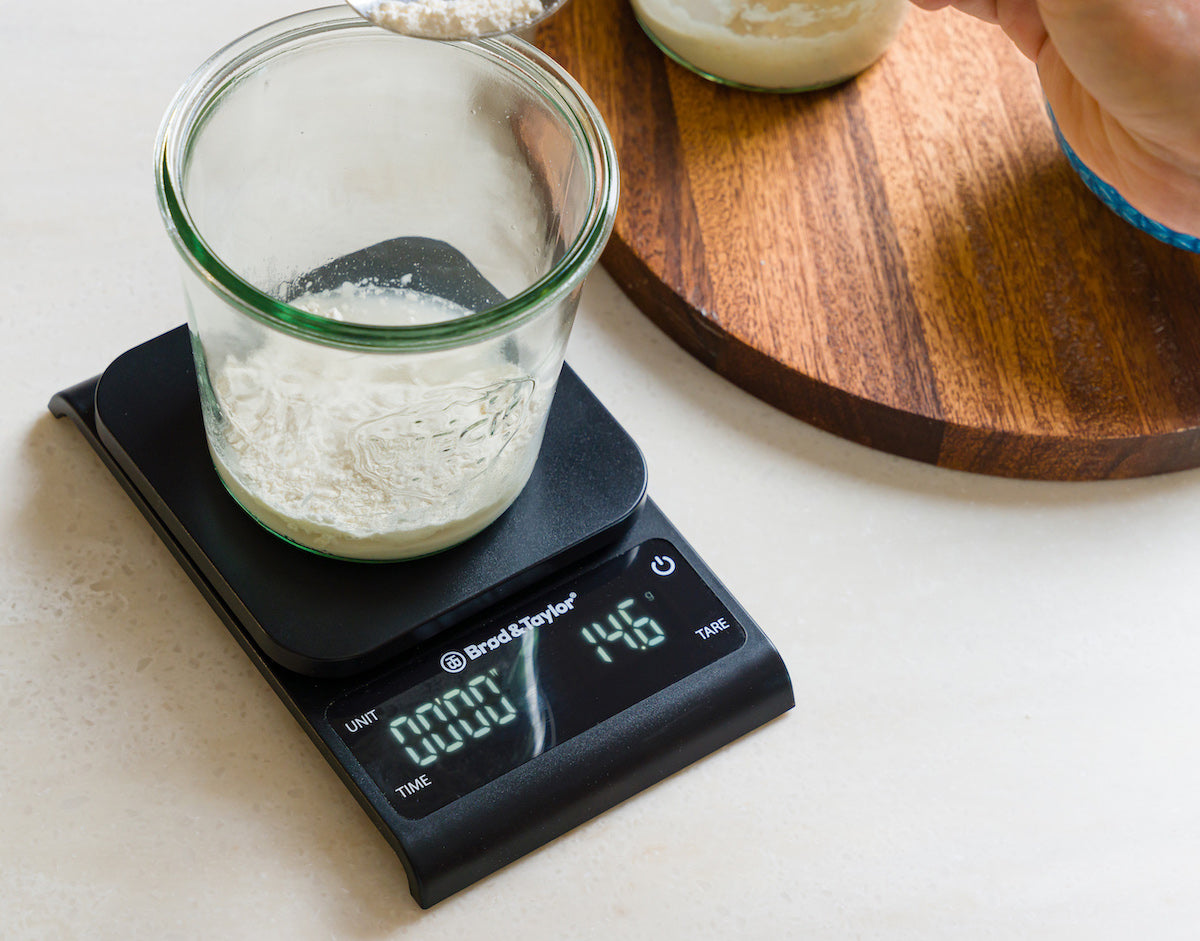The Benefits of Fermented & Cultured Foods
Cultured and fermented foods are rich in beneficial bacteria, also called probiotics, which aid digestive “gut” health. Making your own yogurt, kombucha, tempeh, natto, and more at home is also economical. Homemade yogurt costs about one third the price of store-bought; and fermentation preserves foods, which reduces food waste and saves you money.


Fermentation vs. Culturing
Fermentation breaks down nutrients in food, making them easier to digest. This process can happen with or without the use of cultures. Cultures—microorganisms like bacteria and yeast—are used to kick-start the fermentation process. Therefore, cultured food refers to foods that have been fermented using a starter culture. Both fermented and cultured foods are made with microorganisms, but not all fermented foods are cultured foods or probiotics.

What Happens as Foods Ferment?
Fermentation has been used for centuries to preserve foods. The process is still used today to produce foods like beer and wine, sauerkraut, kombucha, yogurt, and kefir, but the focus is more on nutritional value than shelf life. During the natural process of fermentation, microorganisms like bacteria and yeast convert carbs into alcohol or acids. In turn, the alcohol or acids act as a natural preservative and give fermented foods their distinctive tartness.
This transformation of sugars and starches also enhances the growth of natural probiotics. As microbes break down food, it becomes more digestible, making it easier for people with food sensitivities and intolerances to consume.

Because you are working with bacteria, when culturing and fermenting at home it’s important to follow your recipes closely to ensure your food is safe to eat. Temperature plays a critical role in this process. Yeast and other cultures need to be warm enough to grow, and as the temperature increases the rate of fermentation accelerates. Temperatures not warm enough will slowdown your bacteria’s growth and eventually lead to a stuck fermentation. Incorrect temperatures and fermentation times can cause your food to spoil, making it unsafe to eat.
The Science of a Yogurt Culture
Our approach to making homemade yogurt is based on two important concepts for creating thick, creamy yogurt:
1. Holding milk at 195 ºF / 90 ºC for ten minutes before culturing, and
2. Allowing the yogurt to set at a lower temperature. This “High-Low” culturing method produces smooth, thick yogurt that is less likely to leak whey, yet is much more quick and safe than a low-temperature culture.
We’ve found that not only does this method work well, but culturing takes just 2 to 4 hours instead of upwards of 12 hours required of other methods.
The more protein in milk, the thicker your yogurt. The protein clusters in milk thicken yogurt by forming a three-dimensional mesh when exposed to the lactic acid created by culturing. Heating milk before culturing transforms one of the main proteins, effectively activating it and increasing the amount of protein in the milk available to thicken the yogurt. We suggest using rich, higher-protein milks like Jersey or Guernsey to make the best thick and creamy yogurts.
Experiment to find your favorite culture. Although any store-bought yogurt labeled “live culture” will work, some produce a thicker texture than others. You may also have better luck with smaller, 8 ounce (250 ml) containers of yogurt than larger economy sizes. This is likely due to faster turnover and fresher cultures in the smaller size. It’s worth testing a few different brands of yogurt until you find your favorite.
Learn more about our yogurt-making method, based on the principles in Harold McGee’s On Food and Cooking and on research from the University of Wisconsin-Madison, in our detailed blog post The Science of Great Yogurt.

The Importance of Accurate Temperature Control
When fermenting and culturing, it is essential to maintain a consistent, accurate temperature. Just like in bread, the bacteria that create a yogurt culture are extremely sensitive. The Folding Proofer with degree-by-degree temperature control excels as a tool for the job. Traditional electric yogurt makers generally have factory pre-set temperatures which can overheat delicate cultures or even burn the milk. Our proofer allows exact control of temperature, which is especially important when making high-probiotic foods such as lactose-free yogurt. Additionally, its unique “High-Low” temperature method works fast, producing food-safe, creamy yogurt in just four hours. Thickness and flavor can be controlled to your preference for all types of yogurt from Greek-style to dairy-free.
Shop Folding ProoferYogurt with the Sahara Dehydrator
Making Yogurt with Chef Mario
Using the same methods as the Folding Proofer, yogurt can also easily be cultured in the Sahara Folding Dehydrator. The degree-by-degree temperature control and dual time/temperature feature makes the High-Low method just a few clicks away.
Shop Sahara Dehydrator
A High Capacity Baking Scale is Essential
Using a scale is essential to achieving professional-level baking at home, but there is nothing more frustrating when reading the message, "Error: Too much weight." Our High Capacity Baking Scale is simple to clean, scratch-resistant, and easy to read thanks to it’s extra-large, bright display. With a weight limit of 33 lbs (15 kg), you can measure your flour into a heavy ceramic bowl without worry.
Shop Baking Scale
High-Precision for Critical Ingredients
The smallest numbers make the biggest difference in producing perfect bread. With its extra-responsive capability and measurements down to the tenth of a gram, our Precision Kitchen & Coffee Scale is ideal for weighing out sourdough starters, yeast, spices, and other modest quantities. Its extra-large, bright display is easy to read and the non-slip silicone pad is dishwasher safe.
Shop Precision Scale















